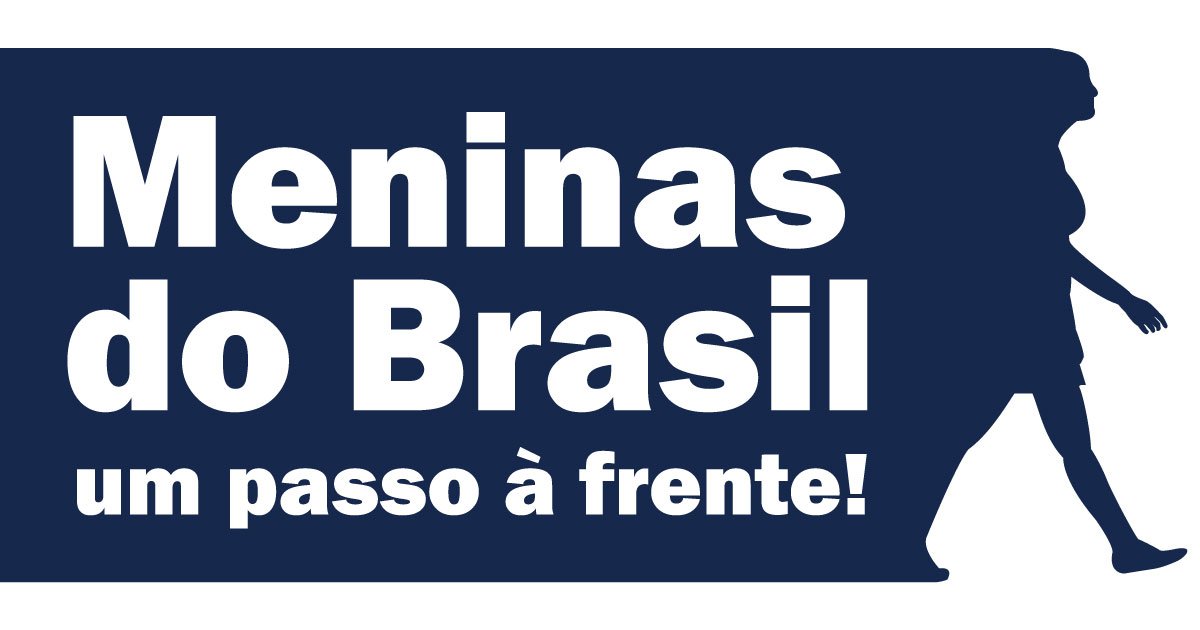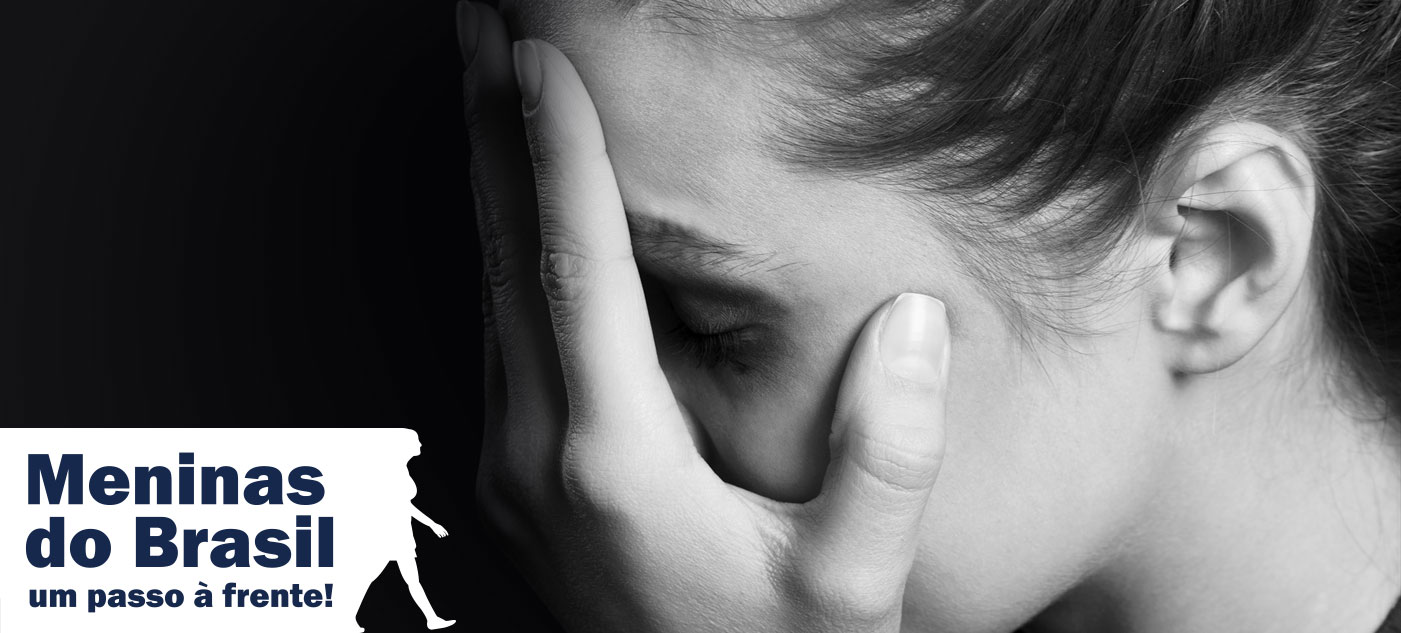Brazil Girls, A step forward
Project Goal
The main goal is to implement a program to provide acess to formal and technical education in higher education sistem, the reintegration to the formal labor market, the recovery of self-esteem and reconstruction of girls’ identity, whose natural course of evolution of its lives has been abruptly diverted by pregnancy and early motherhood.
Project´s Public
In the state of Paraná in 2014, 28.7 million teens become mothers early.
The program is intended to address, at first, 60 young mothers aged 16 to 24 years, the metropolitan region of Curitiba, where the overall rate of teenage pregnancy is 4.6 percentage points above the limit tolerated in developed countries, which is 10%.
The beneficiaries must be with the children under their care and protection, sharing the same house. This group of young people belonging to lower social classes (C and D), has no formal employment and do not study.
About the Project
World poverty is still female.
Despite overall progress in the fight for gender equality, discrimination and violence against women persists, denying the opportunity to exercise their basic human rights.
Achieve gender equality and empowerment of women and girls is not only one of the goals of Agenda 2030 to the sustainable development of the planet, but also an important tool in poverty eradication.
Teenagers girls, in particular, represent the most vulnerable and underserved female share of public policies for protection, to avoid to be exploited or become easy targets for criminal practices.
While the options and opportunities for boys tend to expand when they become teenagers, the chances for girls usually decrease. Many of these teens have their dreams interrupted by sociocultural pitfalls and early pregnancy is one.
The early pregnancy with their resulting difficulties, account for the third cause of deaths among young people in Brazil (Ministry of Health data) and maternity is already the leading cause of school dropout.
Motherhood unplanned can be considered a risk when disrupts the lives of teenagers reproducing and perpetuating a cycle of poverty by putting barriers in continuing studies and enter the labor market.
In Brazil, 75% of teenagers who have children – more than 309,000 girls aged 15 to 17 years – are out of school, according PNAD – 2013 (National Survey by Household Sampling). Most of these young mothers (257,000) neither study nor work.
Only in state of Paraná there are 28,700 girls under these conditions. These teenagers have higher level of education compared to male adolescents which leads us to believe that truancy is caused by maternity, not by the school disinterest.
After the birth of children to financial need to bear their expenses and the child, abandonment of family members, or fellow, force them to accept household chores in exchange for room and board for both or opt for an informal working without labor or social security guarantees.
A vicious circle is formed when early motherhood prevents the return to school and the consequent lack of qualifications hampers their integration in the labor market in better conditions.
Implement educational actions with a biological approach to family planning is important but not enough if we consider the statistics relating to the reproductive health of adolescents.
In order to achieve effective results in controlling early pregnancy, one must consider all dimensions of the construction of female identity and the social, cultural and economic impacts, through a multidisciplinary educational program in schools and communities.
It is necessary to implement public policies that give the opportunity for these teenagers return to formal and technical education, access to paid work and a quota system for places in public day care centers.
Adopt as a priority the mobilization and coordination between the government, businesses and most representative sectors of society in the search for solutions of this issue is one of the best strategies for reducing social and economic inequalities.
Methodology
The program will attend 60 girls aged 16 to 24 who have interrupted their studies because of early motherhood.
The program provides for the inclusion of these girls in the labor market, access to formal education, vocational training and thus the rescue of self-esteem. Covering the Metropolitan Region of Curitiba and can be replicated to other locations in Brazil.
The Museum of the Future Foundation (Fundação Museu do Futuro) has the support of local Government agencies to book places for in public high school, and also in reserve places for children in day-care centers.
Experience with legal and psychological support project, “Feeding the Future”, designed to meet householders mothers, brought not only knowledge about the problems with early and unassisted maternity policies, but also brought partner companies interested in offering work vacancies.
The resources to achieve the program purposes, will come through the contribution of local businesses, in cash and in the form of materials and equipment.
Throughout the program duration of 24 months, the beneficiaries will be accompanied and monitored by a multidisciplinary team and a group supervisor.
Monthly reports will be provided to the team by the coach-supervisor. Although completion of each phase , regular meetings will be promoted throughout the program duration, to stimulate debate and to know the feedback from each participant.
Participants will compromise that at the end of the program, in return for the benefits received, to participate in educational and motivational talks promoted by the entity, in schools and communities.
Oriented, may give testimony of their experiences to other teenage girls and thus contribute to the prevention of pregnancy and early motherhood addressing all social, economic, cultural and biological.
A multidisciplinary team of psychologists, social workers, human resources professional, lawyers and coachs of repositioning will host a screening of adolescents enrolled in the program, selecting a total of 60 teenagers.
Donations to "Brazil Girls, A step forward" Project
Make your donation for the “Brazil Girls, A step forward” Project of Museum of the Future Foundation.
Direct link to UOL PagSeguro
It´s required inform the donation made by email






